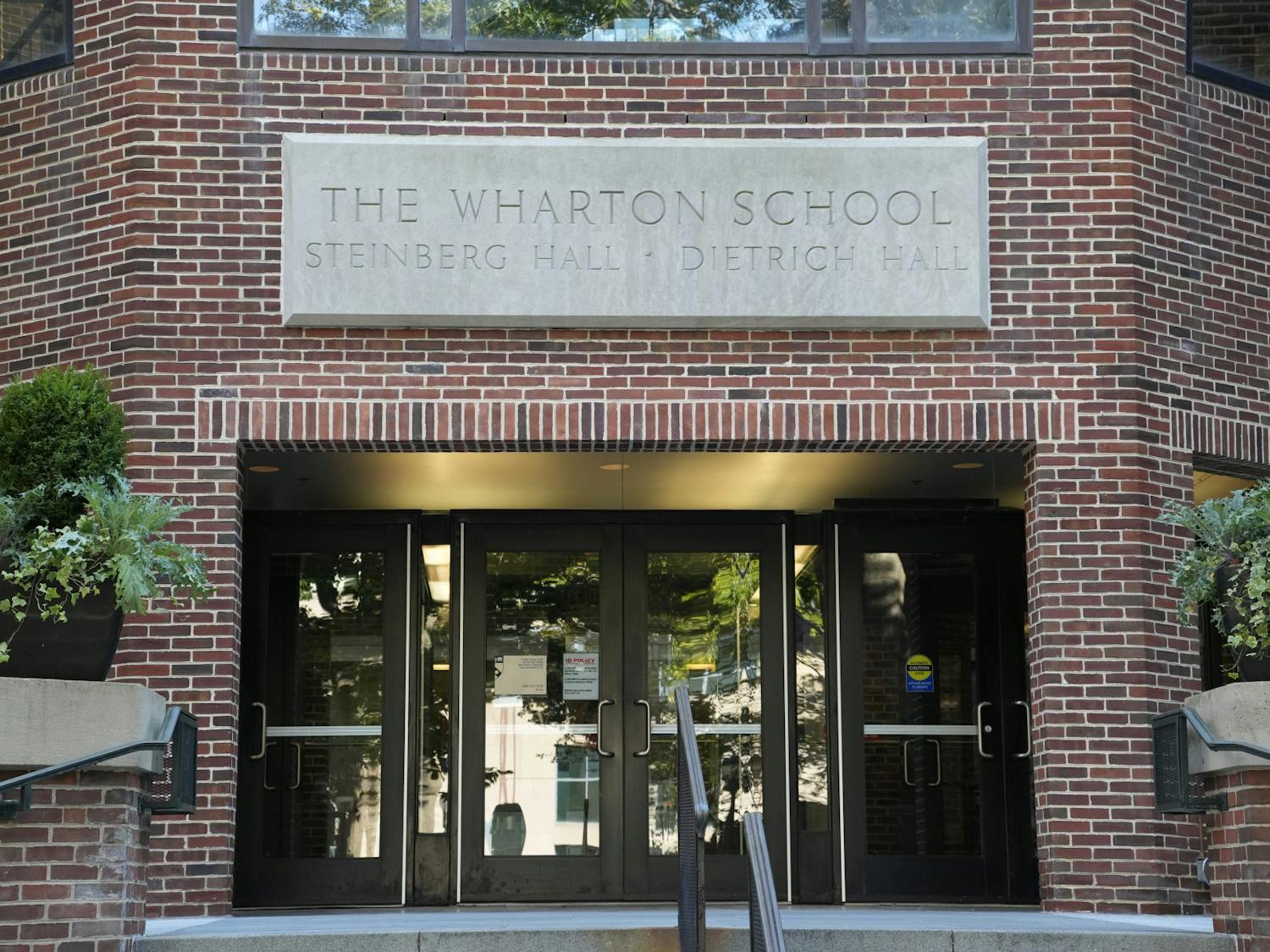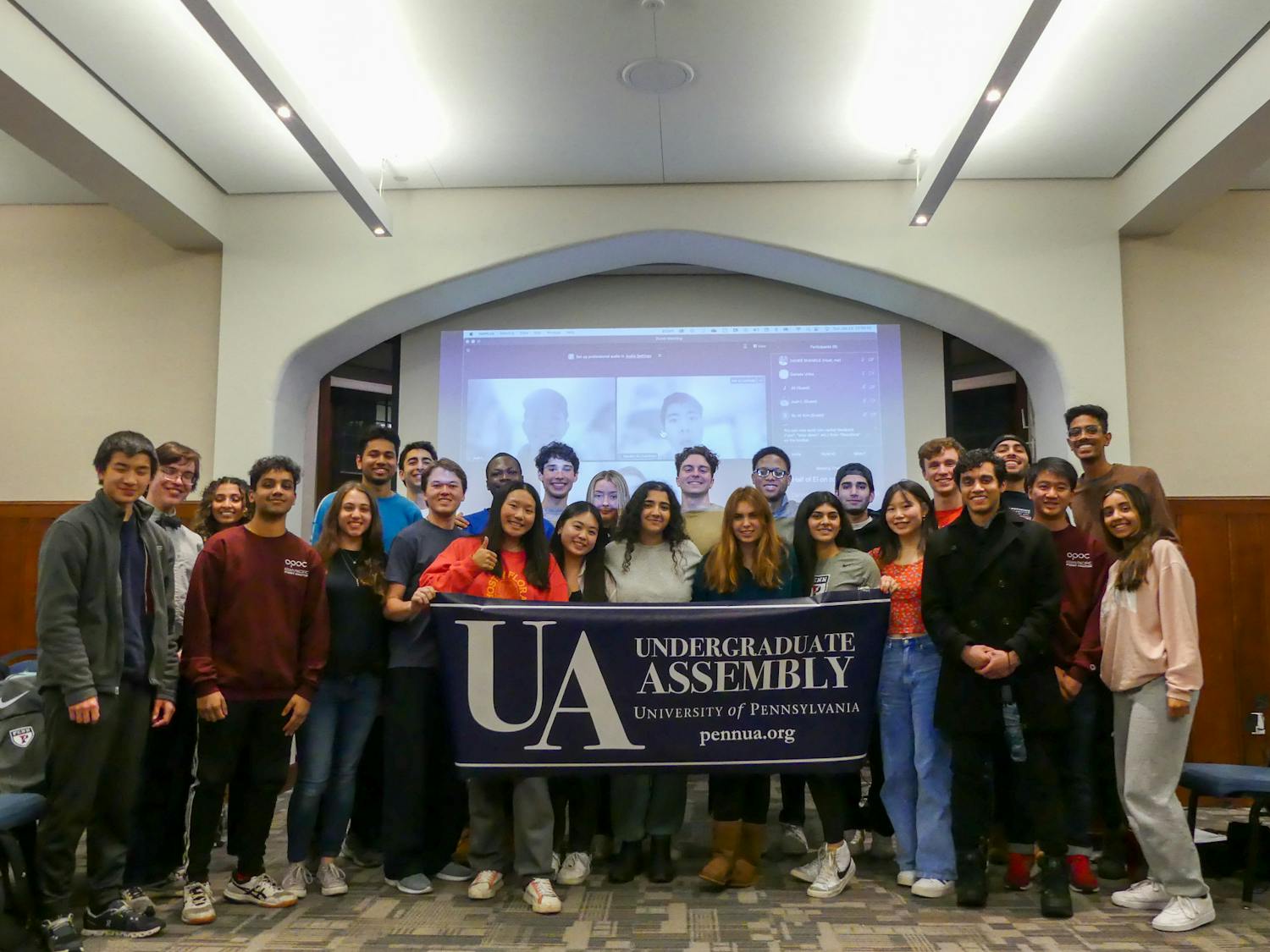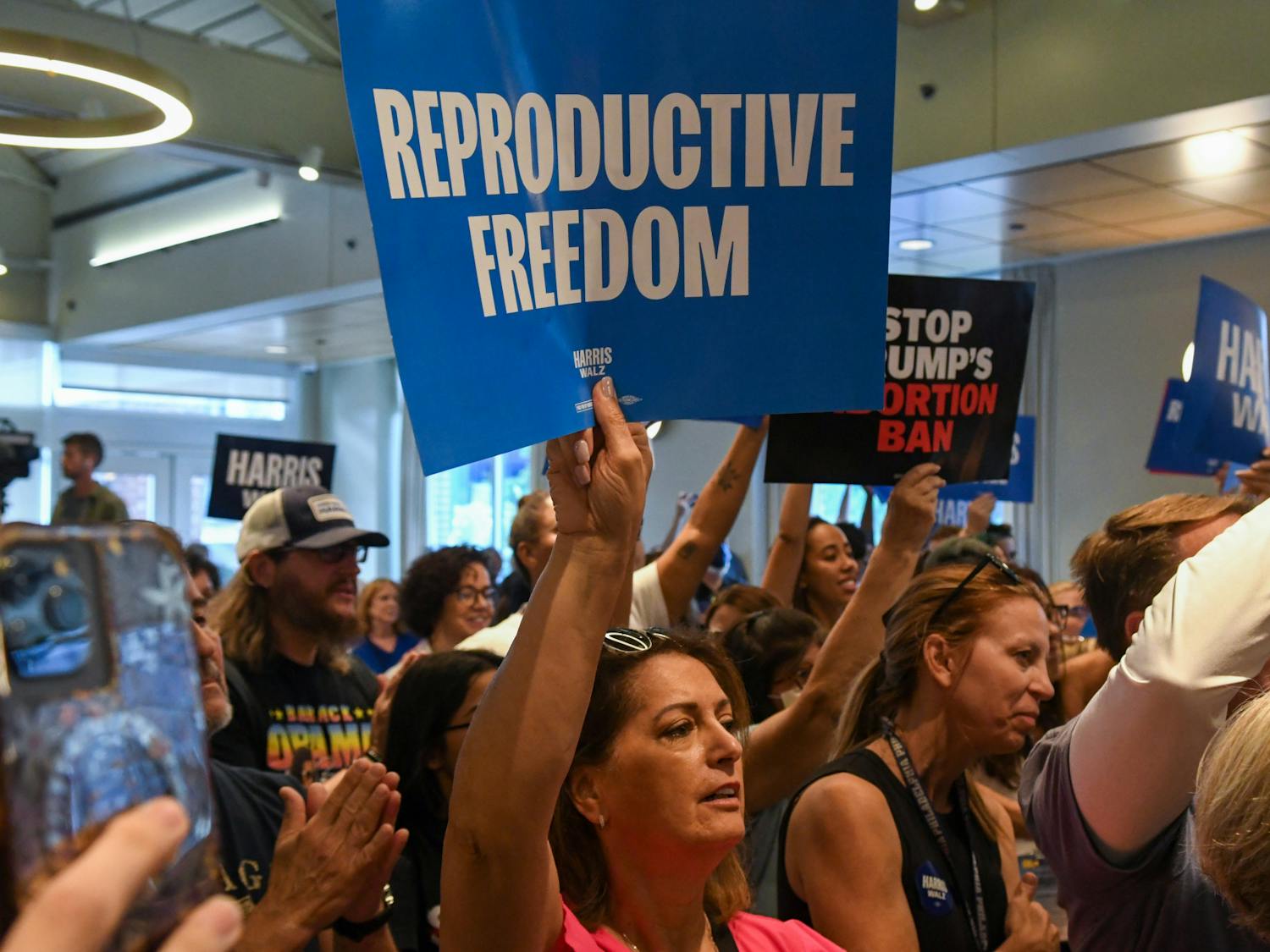The only thing on which the entire cadre of Democratic candidates seems to agree is that Washington is full of special interests, mostly corporate or right-wing, that are destroying democratic government as we know it. However, the notion that special interests are antithetical to democracy, nay evil, is as mythic as it is popular.
The left consistently attacks multinational corporations as policy consumers, buying tax-breaks, deregulation and other salutary concessions. Enron has the United States Securities and Exchange Commission in its pocket; Halliburton owns the Pentagon; the Environmental Protection Agency is a subsidiary of General Motors. This may or may not be the case, but the characterization certainly makes an assumption that special interests are evil. Yet the argument is always phrased to make it clear that the threat is posed not by all but only special special interests, i.e., the General Electrics of the world. The rhetoric is motivated as much by a discontent at the ends of the policies themselves as by a disgust with the means.
It's not, then, at least from the Democratic perspective, the money in Washington; it's who is giving it and, of course, getting it. Hence it is not surprising that the left has its share of special interests that strangle its ability to do the people's business. Though less than one in five American workers belongs to a union, Democrats continue to compete in a protectionist primary to garner union endorsements. Even Arlen Specter, the Pennsylvania Republican, will next week challenge his own administration on Labor Department rules in an effort to keep labor in his column.
Democratic candidates have to pander to the NAACP and other groups in seemingly innumerable candidate forums. Moderates and liberals alike suddenly turn into supporters of affirmative action and proponents of benefits, amnesty or both for illegal immigrants. Democrats stick to old, tired Great Society solutions and use scare tactics which improve care for nobody because the AARP, the largest interest group in America, churns out millions of scared seniors who tend to vote. And when the organization supported the administration's Medicare reform plan, the Democrats claimed that they had been sold out by their own interest group.
This is not to say that the policies of the AFL-CIO, the American Federation of Teachers or the National Council of La Raza are not just, right or good for America; many are. Rather, it is to argue that special interests are derided by the left not because of their threat to the sanctity of our democracy, but because liberals believe the policy and politics of those interested are bad for America.
All of this is paradigmatic of a wider trend in appealing to change the democratic process so as to cure disaffection with those at its helm; campaign finance reform was the most recent manifestation. Yet from the beginning, James Madison famously theorized that we can eliminate either the cause, … la campaign finance, or the effect of special interests. Believing the former to be illiberal and undemocratic in its hampering of free speech, he settled on the hope that the largeness of our republic would provide balance.
Today we are thus confronted with a warped liberalism, one which trusts mass democracy and the marketplace of ideas only to the extent that each favors the left. However, a government of the people is an insurer of freedom, not a guarantor of a specific agenda. As the founders knew, and we can see in Iraq, democratic government is often messy, usually difficult, occasionally unfair and never perfect. Democracy gives us not the right to be right, but merely the freedom to say and act upon what we think is right.
A vote, then, is not an affirmation or rejection of special interests, only an expression of which ones are special to us -- even, God forbid, our own. What is more, it involves something communitarian liberals should understand: the recognition that to live in a free society requires the unsettling humility of granting to each other the rights and liberties we demand for ourselves, no matter how repugnant our conception of the opposition. A liberal agenda that attacks the system which gives it that right, only because it wants to steer the rudder of government, will continue to wane, for if a nation of individuals bound to each other only by the equality and freedom of their self-interests is not democracy, nothing is.
Howard Dean likes to quote Lincoln that, "government of the people, by the people, for the people, shall not perish from the earth." But as for his party's myth of evil special interests: in the interest of Abe's hope, good riddance.
Justin Raphael is a sophomore American history major from Westport, Conn. Uncommon Sense appears on Tuesdays.








